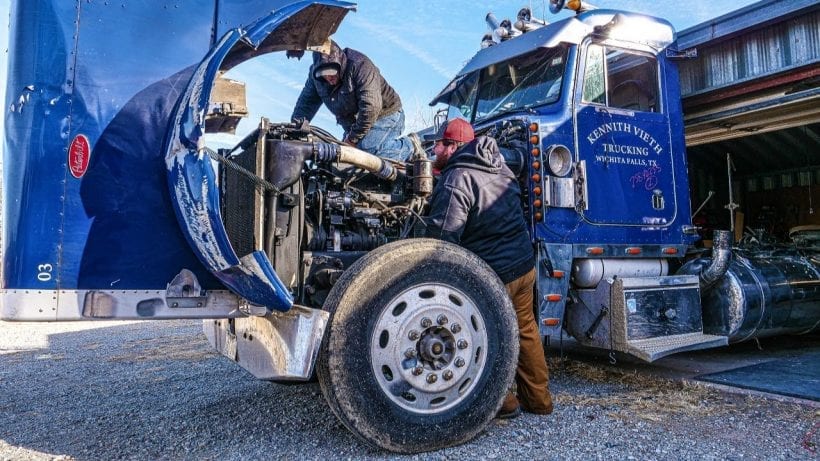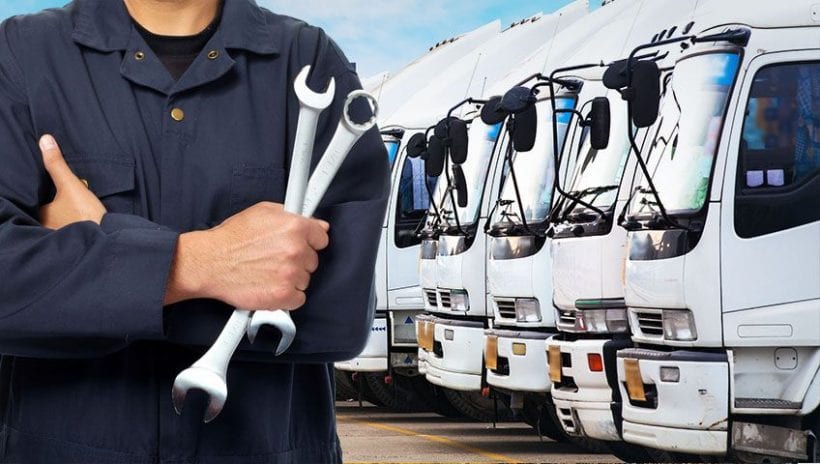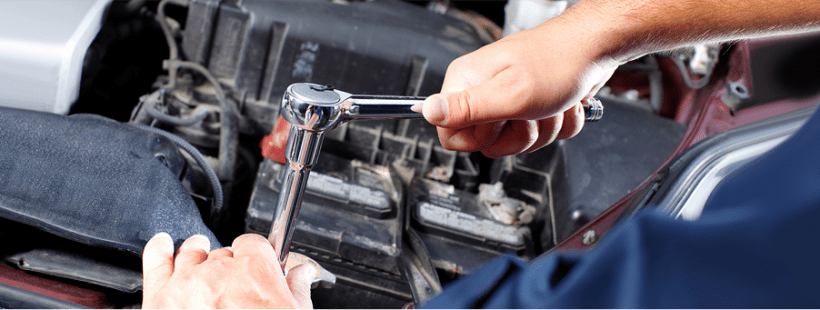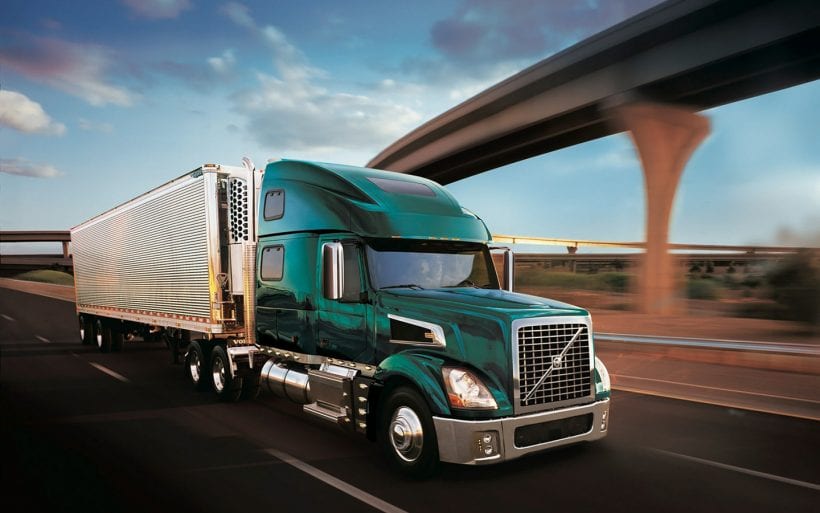Any heavy-duty commercial trucking company needs to run regular maintenance procedures to ensure their fleet is of the standard needed.
Heavy-duty trucks are huge machines that you’d don’t want to end up broken. This is precisely why these trucks need regular and proper maintenance to ensure basic operations.
But if you happened to know nothing about the various procedures involving basic maintenance of heavy-duty trucks, here an article that explains how to best do it.
1. How and When To Schedule Maintenance

This is probably the one you should be paying the most attention to, as lots of people approach it differently.
Most handbooks allude to the fact that you should schedule maintenance based on mileages or on a certain date. However, modern heavy-duty trucking fleets are scheduling differently – based on engine hours.
This is a relatively newer model that is said to into calculation a very important aspect of heavy trucking. Fleet managers that employ this method are doing it because various trucks work very hard to travel only a couple of miles. This can result in dozens of hours only to pass 50 miles.
So, naturally, this means that you cannot take into consideration mileages as a natural means of scheduling maintenance – your truck would simply break down before you could schedule.
A lot of stopping, starting, and idling goes into these trucks, so the best possible option is to do it based on engine hours. As we said, different fleets will schedule differently, but for those that involve a lot of stopping, starting, and idling, engine hours is quite possibly the safest method.
2. The Focus of the Maintenance

Scheduling maintenance is one thing, but what about the care that each truck receives? If we are to apply the logic in the previous tip to this one, we would come to the conclusion that trucks are used differently.
A stop and start truck usually mean that the driver applies the brakes quite often, compared to cargo vehicles that are designed to drive until they reach their destination.
So, naturally, this vehicle would require the breaks to be in top-notch condition. This means that you should focus on break replacements more often than others.
Other types that drive more frequently on the freeway get into contact with other problems. One such problem is debris from leaves, pebbles, and trash that can get picked up while the truck is driving. This would not be a problem if the AC and radiators weren’t the ones bringing all that debris into your cabinet.
Naturally, this means that you’d need to focus on cleaning these parts whenever taking the vehicle for maintenance.
These are only two examples that modern fleet managers need to take into consideration whenever scheduling for repairs. However, sometimes the conditions could be so bad that we’d end up with a broken part that needs replacing with a new one.
In these situations, it’s important to buy quality parts like Hydraulic Coupler that would ensure the vehicle can still operate without much delay.
And if you’ve ever been in a situation that requires finding parts for your truck, you’d know how hard it can be. Luckily for you, we’ve found the perfect place to buy parts for your truck online. For more information, make sure to visit buyparts.online.
3. Extending Maintenance Intervals

There is an obvious benefit if you can somehow extend the intervals between each visit to the repair shop. The first that instantly comes to mind is financially-related.
While the most beneficial seems to be this one, there is still a way to increase the interval without risking emergency repairs. An obvious one would be to frequently change your oil. Doing this every 3,000 miles eliminates any potential emergencies involved with the engine.
And while most fleet managers will tell you that oil & engine is a problem that is left behind in our past, it is still an important aspect as it drastically reduces the need to purchase oil in abundance between each service.
But oil isn’t the only thing that can be done on extended intervals. To find the parts of your vehicle that can help you extend the time between each maintenance, you’d need to talk to your selling dealer and OE/Component representative to develop the best possible plan.
4. The Use of Modern Apps

Professional and experienced truckers will know whenever their vehicle needs emergency or potential repairs.
However, we’re in the 21st century and the use of technology has paved the way for many things. Technology makes it possible for us to create applications that can help us with certain aspects of our job.
Such applications can drastically help you monitor your truck and determine the best time for maintenance or potential repairs. The advancements of technology make this the easiest choice you could make if you want to protect your fleet.
There was no real way of noticing a problem until the problem made itself known to the driver in previous times. Nowadays, with the use of technology, these apps can relay data that gives us first-hand information about the state of our vehicle.
These apps can monitor anything from your oil, engine, breaks, AC, electronics, etc.
The detailed and complex algorithms which these apps are based on ensuring you get the right feedback for every major system in your truck.
5. Adjust Maintenances Based on Regulations

If fleets wanted to save money by scheduling regular maintenances, they know have to abide by the regulations.
These regulations come in the form of emission standards that engines have to abide by. What this means is that you have to adjust your maintenance schedule based on the same regulations.
But these regulations are in place because of emissions that could potentially shut down your truck if it experiences certain leaks.
The regulations hoped to lower exhaust emissions from the trucking industry by creating engines that would effectively “shut down” if a vehicle operator doesn’t take into account the changes to the engine. These can include anything from the amount of air intake, fuel economy, exhaust maintenance, Etc.

